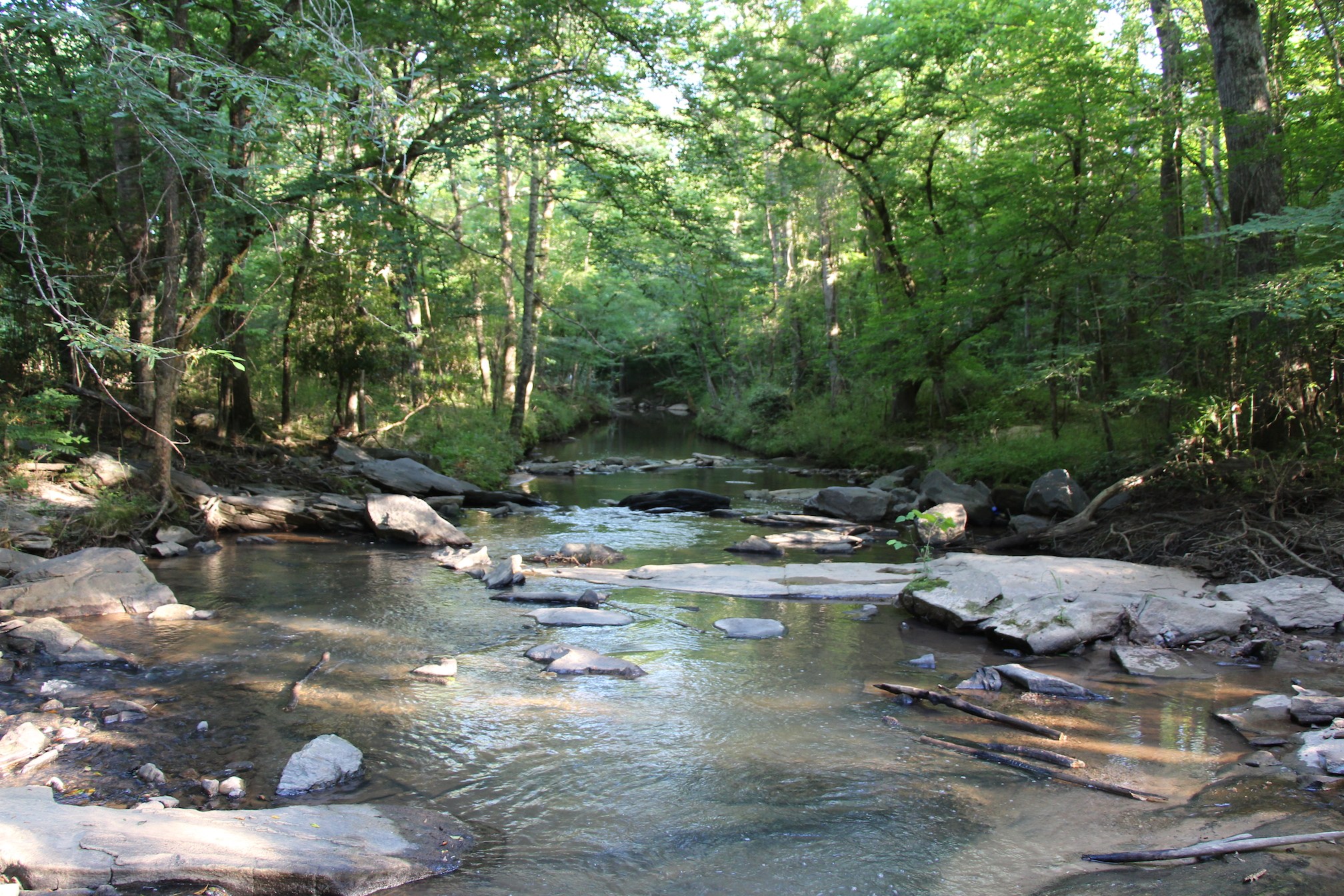By Case O’Dell
Special to the Opelika Observer
We are fortunate to live in a region with abundant water resources. Seventy-one percent of our planet is covered in water, our state has the sixth largest freshwater resources in the country, and Opelika straddles two major watersheds.
Water is all around us and part of our everyday lives. It is a resource that appears limitless, and we often go through each day without giving much thought to how we use water. But is our water limitless, and does it matter how we use it? The answer might surprise you. The United States Geological Survey (USGS) estimates that oceans, seas, and bays contain 96.54 percent of the earth’s water. However, this water is unavailable for most practical uses due to its concentration of salt. An additional 1.74 percent is also unavailable, being held in ice caps, glaciers, and permanent snow. The remaining 1.72 percent of the earth’s water is held in lakes, rivers, swamps, groundwater, and the atmosphere. This small portion is what is left to sustain the livelihood of the earth’s more than 9 billion people.
If that is difficult to picture, then imagine filling a five-gallon bucket with water. Of that five gallons only 8 ounces (1 cup) would be available for use. So, what does this mean for us? It means that our water resources are not unlimited, and every meal cooked, shower taken, chemical spilled, and piece of litter has an impact on our water. Like any other resource water must be properly managed for it to be sustained. Opelika’s water resources are plentiful, but they need protection, preservation, and remediation.
As part of my job of working for the City’s Engineering Department, I am required to walk sections of local streams and creeks every year. Having walked several miles during the last few months I have noticed a trend.
Trash and some harmful conditions exist in many of our waters. This is a symptom of a poor consciousness regarding water quality. We see issues as out of sight – out of mind in many cases, but this attitude doesn’t change the fact we still have problems and things to be concerned about. So, what do we do?
Over the next few weeks we will explore varying topics related to water quality and showcase some real-life issues that have been encountered locally. The hope is that through this series you will better understand the importance and fragility of our local water and begin to make proactive changes to better conserve and manage one of our most important resources. Opelika does have ample water for the foreseeable future, but only if we make strides to better use and protect it. Our lives are tied to water, and by improving the quality of our water resources, we can improve the quality of life for people in our community.

